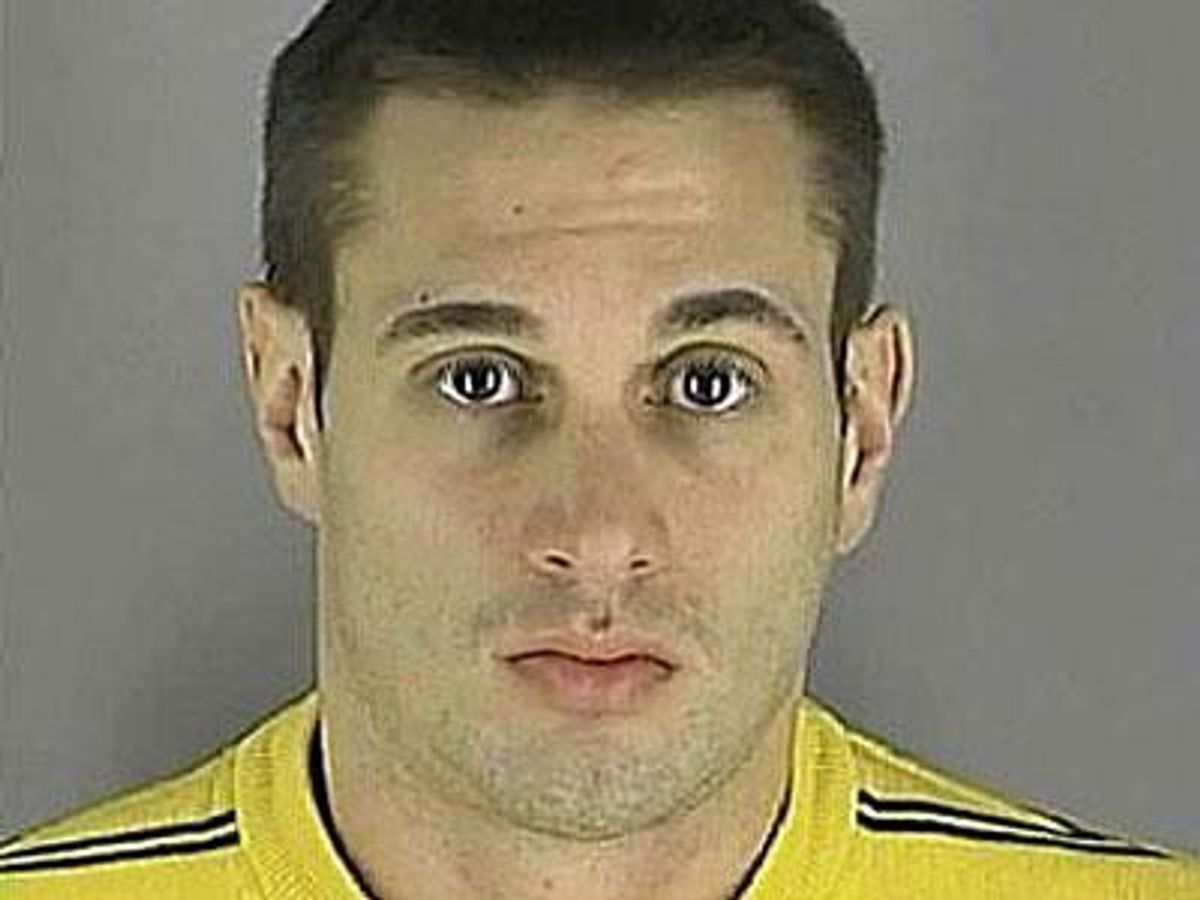The Minnesota Supreme Court today upheld a lower court’s decision that an HIV-positive man committed no crime in having consensual sex with a partner he had informed about his positive status.
The Supreme Court affirmed an appellate court ruling that overturned the conviction of Daniel James Rick for “attempted first-degree assault by communicable disease.” In May 2009, Rick began a sexual relationship with a man identified in court documents only as “D.B.” Rick said he had disclosed his HIV-positive status to D.B. in advance, and the two agreed not to use condoms. In October of that year, D.B. learned he was HIV-positive. After the relationship ended, he sought to have Rick prosecuted under a Minnesota law prohibiting knowing transfer of a communicable disease. A jury found Rick guilty “under an interpretation of the law that would make it a crime for individuals with HIV to have sex even after disclosing their status to their partner,” noted a press release from the American Civil Liberties Union, which with Lambda Legal authored a friend of the court brief in support of Rick. The appellate court overturned that conviction last year, and today the Supreme Court concurred with it.
“It is deeply concerning that after decades of HIV/AIDS awareness, prosecutors are targeting even private consensual conduct in cases where parties disclose their HIV status,” said Chase Strangio, staff attorney with the ACLU AIDS Project, in the press release. “Today’s decision marks an important step in protecting HIV-positive Minnesotans from misapplication of the criminal law.”
“We’re relieved that the Minnesota Supreme Court has ruled in favor of liberty and justice, rejecting the government’s misapplication of its communicable disease law to the facts of this case,” noted Christopher Clark, senior staff attorney for Lambda Legal. “The state should not dictate with whom and how people choose to engage in intimate sexual relations.” Added Lambda Legal HIV Project director Scott Schoettes: “The rabid prosecution of Mr. Rick — regardless of the facts presented at trial — shows that people living with HIV are vulnerable and will continue to be unfairly targeted until laws like this are reformed to reflect the shared responsibility for the prevention of disease transmission.”


































































